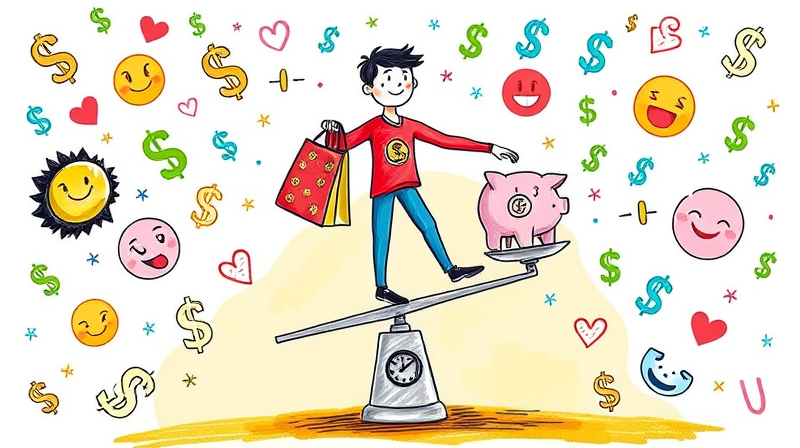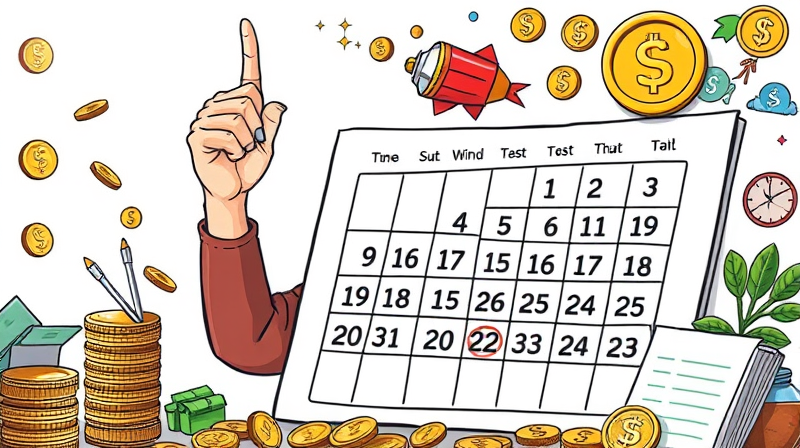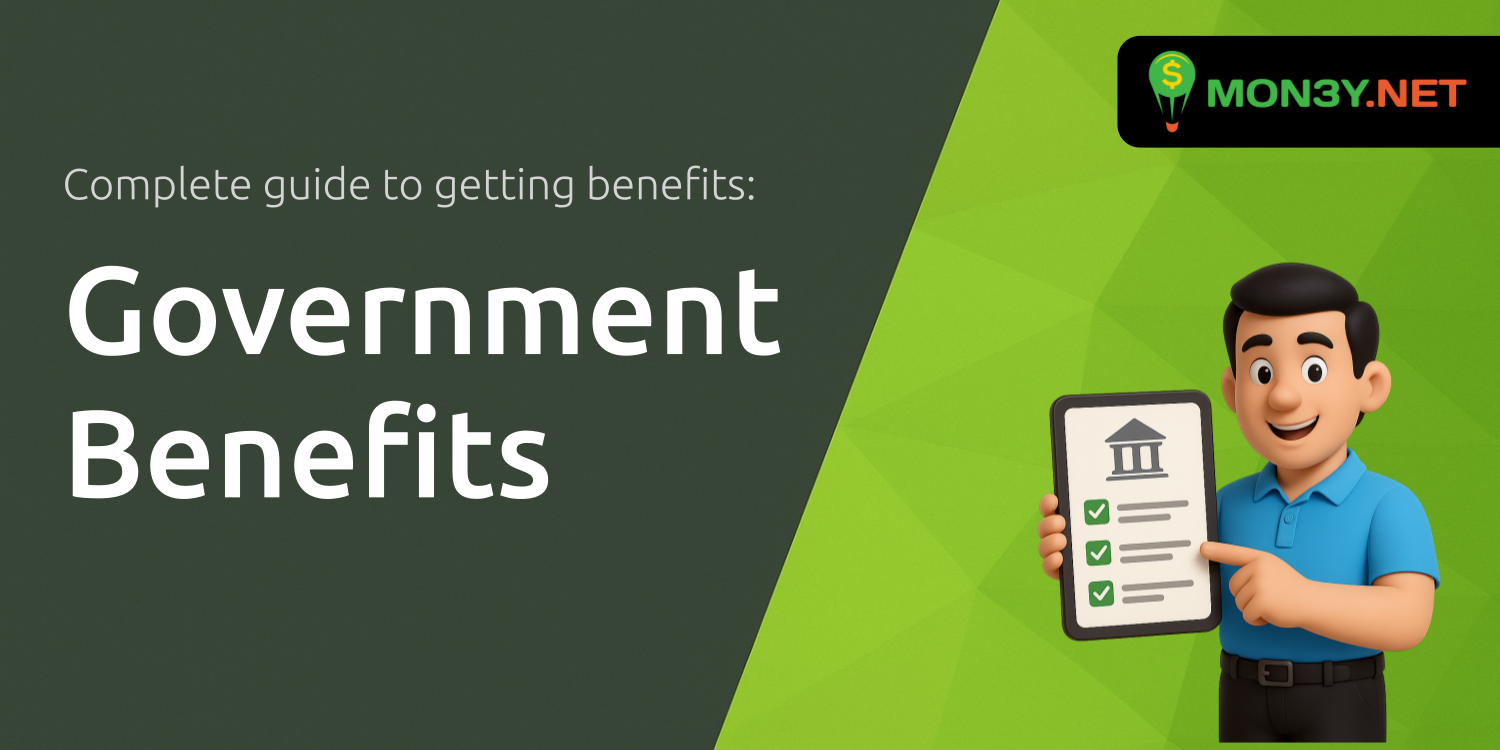Every day, millions of people step into stores or browse online catalogs, seeking something to fill an emotional void or spark joy. Yet beneath the allure of a new gadget or outfit lies a complex network of psychological forces that guide our spending habits. Understanding these drivers not only demystifies where our money goes but also empowers us to make informed decisions about our finances.
This article dives into the science behind spending pleasure, emotional triggers, social influences, irrational behaviors, and actionable strategies. By the end, you will possess the tools to reclaim control of your wallet and redirect resources toward what truly matters.
The Hidden Pleasure of Spending
When you buy something you’ve wanted, your brain rewards you with a rush of dopamine, the feel-good chemical in the brain. Even imagining a purchase can light up areas associated with reward and satisfaction. This surge explains why shopping can feel like a natural high, motivating us to seek that pleasurable feeling again and again.
However, the short-lived happiness from a purchase often fades within days, leaving a gap that many try to refill with new transactions—a cycle that can strain budgets and erode long-term goals.
Emotional Triggers and Impulse Buying
Emotions are powerful triggers in the decision-making process. When you feel anxious, lonely, or bored, spending can serve as a quick fix to elevate your mood. The concept of “retail therapy” highlights how temporary mood boosts can mask deeper emotional needs.
- Sadness and stress often lead to unplanned purchases
- Impulse buys promise relief but rarely satisfy
- Buying to cope can develop into a habitual response
Recognizing these patterns is the first step in breaking free. By acknowledging emotional triggers, you can pause before you click “buy,” asking whether a purchase addresses a genuine need or momentary feeling.
The Social Web: Comparison and Influence
In a world dominated by social media, comparing our lifestyles to curated snapshots of friends or influencers can intensify the urge to spend. The Fear of Missing Out (FOMO) fuels a desire to match appearances and experiences, often pushing budgets beyond comfort levels.
A survey by Charles Schwab found that over one-third of Americans admitted to overspending just to impress others. Knowing that peer pressure and shiny marketing campaigns tug at our wallets helps build resilience against persuasive external forces.
Irrational Financial Behaviors
Our attitudes toward money can seem contradictory. Some of us thrill-seek by buying lottery tickets, while simultaneously purchasing insurance to avoid risk. We create rigid spending rules over time, like refusing to board a taxi unless it’s an emergency, yet willingly swipe credit cards for luxuries.
Credit cards, in particular, obscure the true pain of parting with cash. Studies show that buyers will bid more than twice as much with a card compared to paying in cash, because the psychological cost of spending feels reduced.
Understanding these irregular patterns can motivate you to choose payment methods that align with your goals, whether that means carrying only enough cash or setting strict credit limits.
Strategies to Regain Financial Control
Transitioning from unconscious spending to mindful management requires practical techniques and self-awareness. Begin by conducting a personal audit: track purchases for a month to uncover hidden leaks in your budget.
- Use cash envelopes to limit overspending in categories
- Implement a three-day “cooling-off period” for non-essential items
- Set specific saving goals to replace impulsive rewards
Regularly reviewing your habits and celebrating small victories—like resisting an unnecessary purchase—can reinforce positive financial behaviors over time.
The Cost of Unchecked Spending
Poor spending habits can carry serious consequences. Credit card debt accrues interest that can take years to eliminate, diverting funds from aspirations like homeownership or retirement. A habit of impulse buying may cost thousands in extra fees and wasted purchases.
Retailers and marketers understand these tendencies and craft campaigns that prey on our emotions. From vivid imagery to persuasive language, advertisements exploit “affective forecasting”—our tendency to overestimate the lasting happiness of new acquisitions.
Expert Insights and Moving Forward
Experts like Drazen Prelec of MIT and Scott Rick, PhD, emphasize that consumer decisions often fall prey to unconscious biases. Their research suggests that increasing awareness of these biases is key to developing resilience against manipulation.
By combining expert knowledge with personal reflection, you can shift from reactive to proactive spending. Embrace the idea that every dollar has potential: it can either feed fleeting desires or fuel meaningful milestones. Taking back control is not about denying yourself joy; it’s about redirecting your resources toward fulfillment that lasts.
Ultimately, true financial freedom emerges when spending aligns with values. Armed with psychological insights and tested strategies, you have the power to reshape your relationship with money. Start today by pausing before each purchase, questioning your motives, and choosing actions that move you closer to long-term well-being.
References
- https://betterworld.mit.edu/spectrum/issues/winter-1999/the-psychology-of-spending/
- https://www.stmarysbank.com/learn/tools---resources/blog/detail/the-psychology-of-spending-and-how-to-manage-it
- https://www.apa.org/monitor/2023/06/psychology-of-spending
- https://www.apa.org/news/podcasts/speaking-of-psychology/shopping-behavior
- https://willingness.com.mt/understanding-the-psychology-of-spending-behaviour/
- https://pmc.ncbi.nlm.nih.gov/articles/PMC1525068/










